Writing: Non-Fiction

Joan Nestle
Joan Nestle is an activist, writer, and educator known for her work on lesbian identity, sexuality, culture, and history, among other topics. Nestle also co-founded the New York-based Lesbian Herstory Archives, the largest lesbian-focused archive in the world, in 1975. Her essays and stories, which she began writing in the late 1970s, have been published in three anthologies.
Anna Maria Jokl
Author, psychoanalyst, and scriptwriter Anna Maria Jokl was greatly influenced by the many places she lived: Vienna, Berlin, Prague, London, Zurich, and Jerusalem. Forced to flee countries twice because of Nazism, Jokl is best known for her German children’s books. Her prolific career includes accomplishments in radio broadcasting, psychoanalytic writing, and autobiographical prose.
Helen Joseph
An internationally renowned puppeteer and author on marionettes, Helen Haiman Joseph made a career entertaining and educating audiences of all ages with the performance of puppetry. She created the Pinocchio Players in 1924, writing and producing plays for clubs, schools, and hospitals. Joseph also wrote several children’s books.
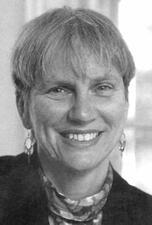
Judaic Studies in the United States
When the Association for Jewish Studies (AJS) was established in 1969 as the professional organization of scholars in the interdisciplinary field of Judaic studies, there were no women among its founders. Within the past few generations, however, a field that was traditionally dominated by men has gradually witnessed the emergence of many women scholars.
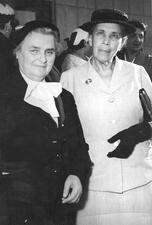
Helena Kagan
Helena Kagan, a pioneer of pediatric medicine in pre-State Palestine, is known to this day as the children’s doctor of Jerusalem, the city where she settled following her aliyah in 1914. Kagan tended to generations of children—Jews, Muslims, and Christians—saving many of them from sickness and death.
Amalia Kahana-Carmon
Amalia Kahana-Carmon was an Israeli author, activist, literary critic, and feminist. She was the recipient of many prestigious literary prizes, the “darling” of Israeli academe, and the subject of several scholarly Hebrew monograph. Her Woolfian Modernist literary works have contributed to the development of Israeli postmodernist, multicultural feminism.
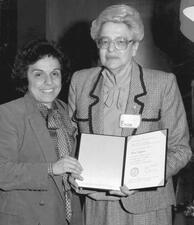
Aline Kaplan
As executive director of Hadassah, Aline Kaplan credited the organization’s success to the commitment of its volunteers, whose numbers grew to a staggering 370,000 during her tenure. In addition to her impact at Hadassah, she was also a board member in several Zionist organizations and a delegate to the World Zionist Congress.
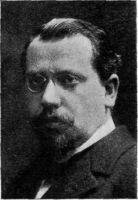
Mordecai Kaplan
Fay Berger Karpf
Fay Berger Karpf made major contributions to social science with her analysis of the history of social psychology and specifically with her support of the psychoanalyst Otto Rank. She taught for many years and wrote several books about the profound influence Rankian theories had on American psychoanalysis.
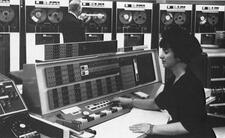
Joyce Jacobson Kaufman
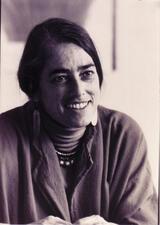
Evelyn Fox Keller
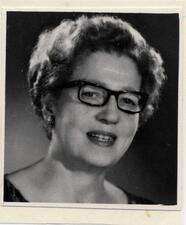
Lena Kenin
Lena Nemerovsky Kenin made major contributions to both gynecology and psychology with her successful medical practice and her groundbreaking work on postpartum depression.
Lillian Ruth Kessler
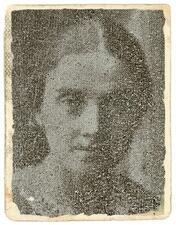
Helene Khatskels
As a member of the General Jewish Workers’ Bund, Helene Khatskels fought to realize socialist ideals about autonomy and liberation. As a Yiddish teacher and writer in Tsarist Russia and later the Soviet Union, she demonstrated a commitment to spreading and inspiring pride in Yiddish culture.
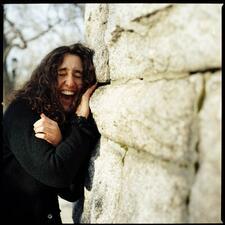
Loolwa Khazzoom
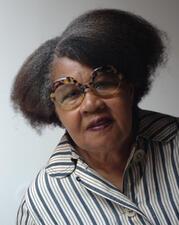
Jamaica Kincaid
Born Elaine Cynthia Potter Richardson, Jamaica Kincaid is a Jewish Afro-Caribbean author. She was sent to the United States from her birthplace in Antigua at the age of sixteen and became a writer while living in the United States.
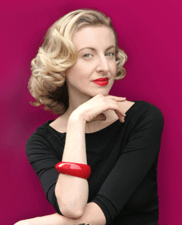
Poppy King
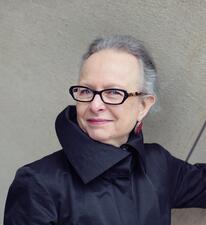
Barbara Kirshenblatt-Gimblett
Barbara Kirshenblatt-Gimblett is an American folklorist who is a scholar of Jewish cultures of Eastern Europe, North America, and Israel, museums, heritage, and tourism, as well as a curator of exhibits and documentarian. She is Chief Curator of the core exhibit of the POLIN Museum of Jewish history in Warsaw.
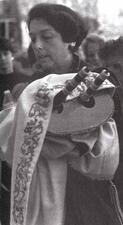
Francine Klagsbrun
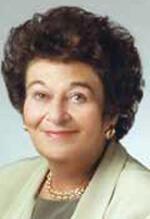
Gerda Weissmann Klein
Holocaust survivor Gerda Weissmann Klein has used her experiences to educate countless people through her books, television appearances, and motivational speaking. Among numerous other awards for her work, Klein was appointed to the United States Holocaust Commission by President Clinton in 1997, and in 2011 she was awarded the Presidential Medal of Freedom by President Obama.
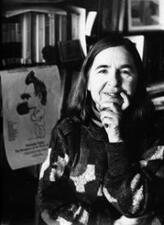
Sarah Kofman
Sarah Kofman was a French Jewish philosopher and professor who published many books on Freud, Nietzsche, Rousseau, and more.
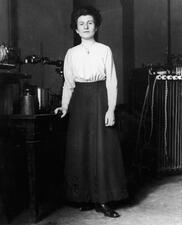
Hedwig Kohn
Born in Breslau, Hedwig Kohn was one of the early woman pioneers in physics. After a narrow escape from Nazi Germany, she went on to teach at Wellesley College and pursue independent research at Duke University in the field of flame spectroscopy, measuring absorption features of atomic species in flames.
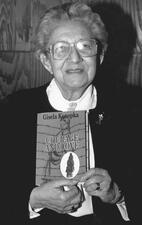
Gisela Peiper Konopka
Berlin-born Gisela Konopka built an international reputation as a group social worker and expert on youth issues. Lauded for her involvement in the rebuilding of social services and education in post-war Germany and beloved by her students at the University of Minnesota, Konopka received more than 42 awards in her lifetime.
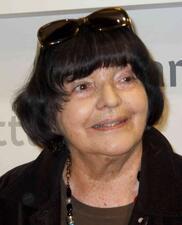
Hanna Krall
Hanna Krall is one of the most important Polish-Jewish writers and reporters. A Holocaust survivor, she portrays in her own extremely concise manner the vicissitudes of other survivors, rescuers, and perpetrators. Krall has been internationally recognized and her works have been translated into fourteen languages.

Barbara Kruger
Barbara Kruger creates conceptual art that pushes audiences to question assumptions about gender, violence, patriotism, and their relationship to the media. Kruger has exhibited in galleries and museums in the United States and Europe. Perhaps more significantly, she has brought her art to such urban public spaces as bus stops, subway stations, and billboards.


